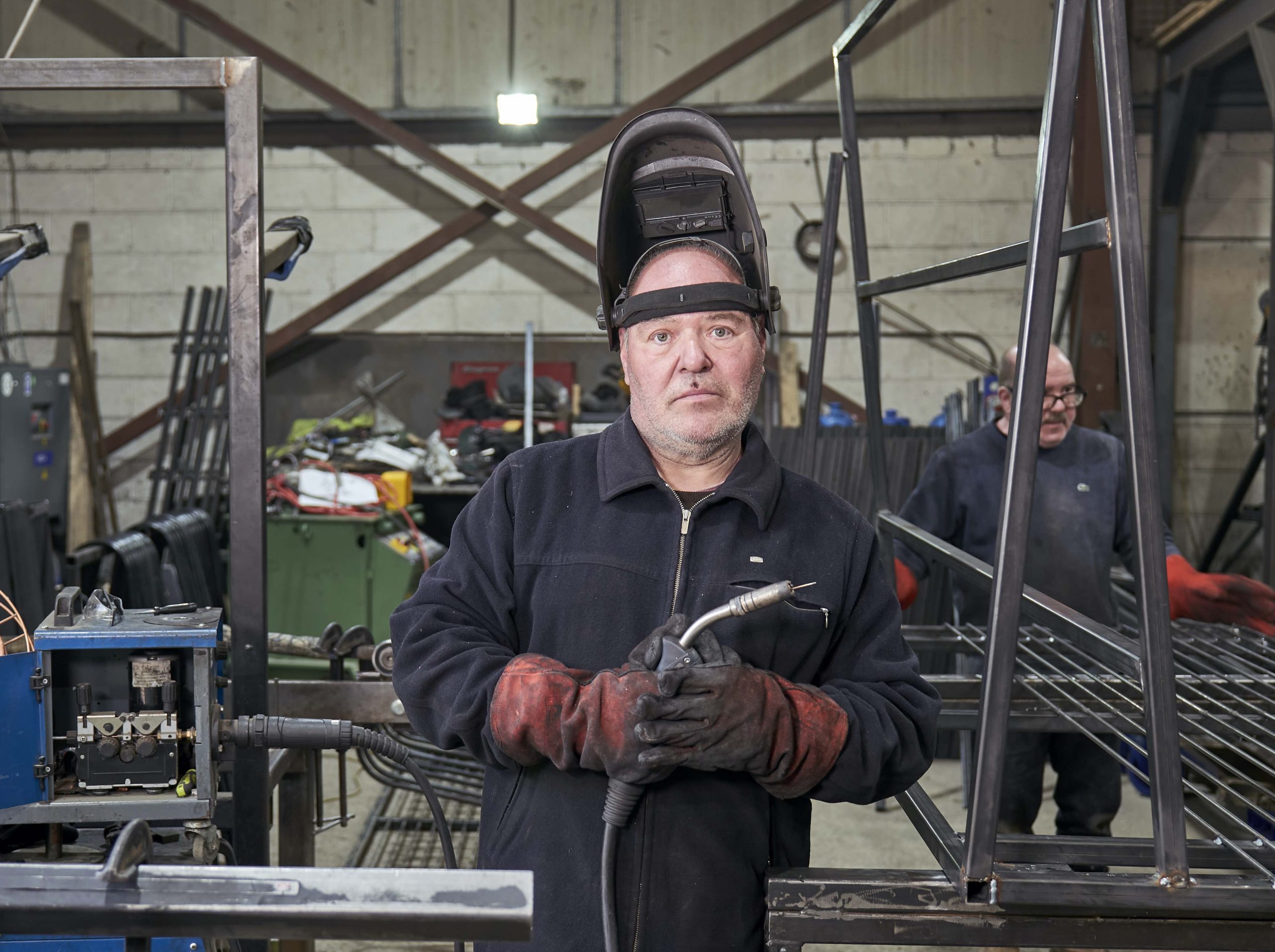Every coin has a flip side, and many of us involved in the later life arena have spent years now trying to make the argument that society needs to shift its blinkered perspective and view the ageing population (aka the “Silver Tsunami”) not as a burden on society, holding back progress and acting as a roadblock to younger generations… but as a gift.
In the past, growing old was a privilege afforded to very few. “Elders” were looked upon as a source of wisdom and lived experience for the young (arguably they still are in some societies). Perhaps because so many of us are now managing to reach old age, it’s lost its novelty.
Disturbingly, what we are now seeing is an increasingly divisive and acrimonious debate that pits the generations against each other: all part, I would suggest, of a broader template to fragment society and distract us from recognising and tackling the real causes of the problems we face. The argument over retaining the triple lock is a prime example. Boomers, we are being told, often by “think tanks” with axes to grind, will crash the economy if we don’t stop the lifeline State Pension rising in line with the cost of living / average earnings.
For those with a long memory, it was Mrs Thatcher in 1980 who severed the “link” between the state pension and average earnings, which then saw the basic pension as a proportion of average earnings fall from 26% in 1979 to just over 15% in the mid-2000s.
Get back to work…
In other news, retirees are being exhorted to get off the golf course and go back to work in order to rescue the economy, despite the fact that ill health rather than idleness has played a key role in encouraging or forcing many older people to give up work. There is also plenty of evidence to suggest that ageist employers are themselves are a barrier, not offering the training and development to reskill returners or retain their existing ageing workforce, or offer the flexibility of working that would allow older workers to fit in their other commitments (not least caring).
The Government itself is not giving older workers the support they need either, as a recent report by the Centre for Ageing Better reveals: http://theageactionalliance.org/2023/02/15/government-support-needed-to-enable-older-people-back-into-work/
Then we have housing. Older people are regularly being exhorted to vacate their underoccupied homes and make way for younger families… despite the fact that we are failing to plan for and provide adequate alternatives. Research shows that three million older people would like to downsize, but we are currently building just 7,000 suitable homes for them each year. Here’s my blog on that: (http://theageactionalliance.org/2023/02/27/housing-an-ageing-population-the-consumers-perspective/) Build the right sort of homes in the right locations, and older people will move into them…
So yes, older people already play a huge role in society, as carers, workers and as volunteers, and we could do even more… given more enlightened strategies and an investment in realising that potential.
Speaking truth to power
Which brings me to my last point. If we, as a growing demographic, are really going to provide positive solutions to society’s problems, we need to be listened to by those in power.
Going back 15 years or so, the then Labour Government set up the UK Advisory Forum on Ageing (UKAFA), along with the regional forums on ageing (made up of older people) which fed their knowledge and life experiences directly into Government. I was one of those regional chairs and I like to think we made a useful contribution to issues such as pensions, care and transport.
The Government obviously thought so too, because in 2014, when we pressed the then PM David Cameron to appoint a Minister or Commissioner for Older People… someone who could co-ordinate all of the policies and strategies from different departments and ensure our voices were heard right at the top of Government, to tell them “what works” and to ensure public funds were spent in the most effective way… he replied that older people already had a voice into Government: UKAFA.
The very next year, he decided to disband UKAFA.
As pressing as the need was then to have a Minister or Commissioner for Older People, it’s even more urgent now. I know there are a number of bodies pressing for this to happen. It would be wonderful for this to become a co-ordinated campaign by all those in the later life arena, and become a manifesto promise for one or more of the parties going into the next election…


